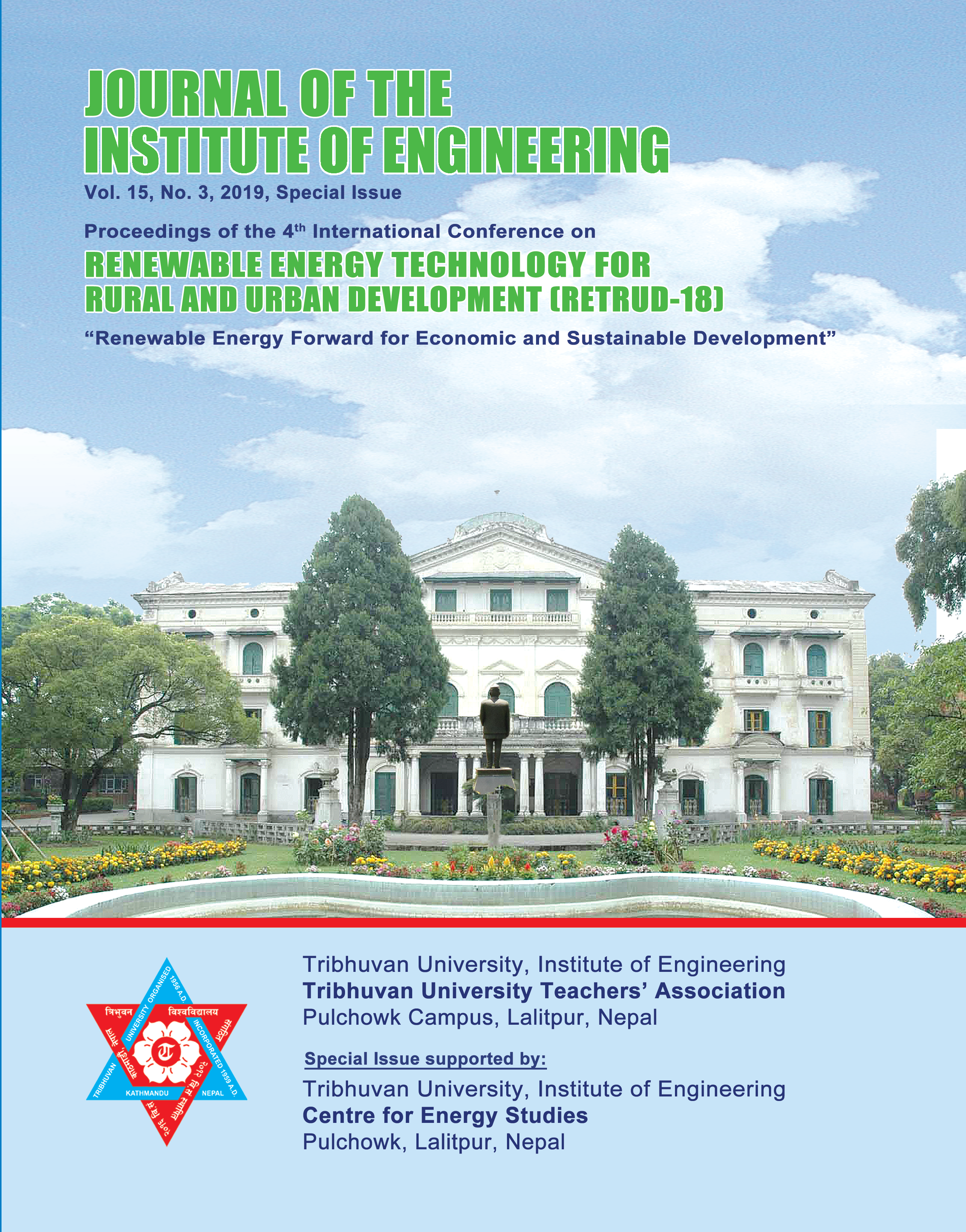Revisiting Ecovillage as a Sustainable Settlement from a System's Perspective- A Case of Bandipur, Nepal
DOI:
https://doi.org/10.3126/jie.v15i3.32213Keywords:
Bandipur, Ecovillage, Sustainability, System PerspectiveAbstract
Many ecovillage advocates, especially from academic and grey literature, emphasise that intentional community like ecovillage (EV) represents a local level sustainable settlement of living as a response to the widely discussed unsustainability of modern lifestyles. From the researchers' point of view, theoretically, it bypasses existing planning policies and development processes that cover the broader area and includes stakeholders such as government, experts, and other authorities. Practically, EV focuses on short term local projects often developed separately in each dimension of sustainability. It often leads EV to be an oddity in broader surroundings. Based on a system perspective, the article aims to analyse EV as a sustainable settlement within a broader region. The approach considers that the dynamic regional structures and relationships influence the ecological, economic and social aspects at the local level. The article presents the historical development of Bandipur as a case example. The researcher assesses the system theory as a strong methodological framework for understanding EV concept in an integrative manner, spatially and temporally. The article starts with the literature review of scientific journals, narratives, conference papers on sustainability, ecovillage, and system perspective. The article uses observation and open-ended interviews with various stakeholders conducted in Bandipur and then triangulated with other secondary sources on Bandipur. The findings indicate that to broaden the spectrum of EV and SD, spatially, the components of EV are represented as sustainable interconnectedness and relationship and then scaled up to the regional level. Temporally, cultural values represent the relationship and interconnectedness that could be handed over to future generations. The article concludes that from a system's perspective, it seems that the EV strategies need to correspond to polices and vice versa for sustainable relationships.
Downloads
Downloads
Published
How to Cite
Issue
Section
License
The Copyright is held by Journal of the Institute of Engineering, IOE, TU




